Why some and not others?

I have been writing articles for the last seven years, and one topic I have danced around is hormone replacement or rebalancing. This article continues last week's Thyroid Revisited, which discussed thyroid replacement. There may be many reasons for avoiding this topic, but the main one is that it is controversial. Why is today different? That is a great question and I just think the time is right. When I say the topic is controversial, the controversy lies in why we readily replace some hormones and not others.
Hormones are the unsung heroes of our body's intricate communication system. They are crucial in regulating various physiological processes, ensuring our bodies function harmoniously. These chemical messengers are produced by different glands and tissues, traveling through the bloodstream to target organs and tissues, where they exert their effects. This article will delve into the definition of hormones and explore their vital functions in our bodies.
The first thing that comes to most people's minds when discussing hormones is our reproductive or sex hormones. This mindset of thinking merely of our sex hormones is shortsighted because we have a variety of hormones that circulate in our bodies. Let's start with the definition of a hormone.
Hormones are specialized signaling molecules that act as messengers, transmitting vital information between different body parts. These molecules are typically produced by endocrine glands, such as the thyroid, adrenal glands, and pancreas, as well as specific tissues like the placenta during pregnancy. While hormones are primarily associated with the endocrine system, some organs, like the brain and heart, also produce and release hormones.
Hormones are diverse and affect many different areas of your body. Below are some of the organs that produce and excrete hormones and their effect on our bodies.
The thyroid gland, which I spoke about last week, produces thyroid hormones. These hormones play a pivotal role in controlling the body's metabolic rate, ultimately influencing how the body uses energy, regulates temperature, and maintains overall metabolic balance. An imbalance in thyroid hormones can lead to conditions like hypothyroidism or hyperthyroidism.
The adrenal glands secrete hormones such as cortisol and adrenaline in response to stress. These hormones prepare the body for the "fight or flight" response by increasing heart rate, dilating airways, and redirecting energy to vital functions, helping us react to stressful situations.
The pancreas secretes insulin and glucagon to regulate blood sugar levels. Insulin facilitates glucose uptake into cells, lowering blood sugar, while glucagon raises blood sugar levels by encouraging the release of stored glucose from the liver. Maintaining glucose homeostasis is crucial for energy production and overall health.
Sex hormones like estrogen, progesterone, and testosterone are crucial for sexual development, fertility, and secondary sexual characteristics. They influence the menstrual cycle, the development of secondary sexual characteristics, and support the growth and maintenance of reproductive tissues.
Growth hormone, produced by the pituitary gland, plays a significant role in promoting tissue growth and development, especially during childhood and adolescence. It stimulates cell growth and regeneration throughout the body.
Some hormones, like cytokines, play a role in regulating the immune system. They communicate between immune cells and help coordinate the body's defense against infections and diseases.
Neurotransmitters, like serotonin and dopamine, are hormones that affect mood and behavior. They influence emotions, motivation, and cognitive functions, and imbalances in these hormones can lead to mood disorders.
When discussing hormones with prescribers, I often ask, "Do you practice hormone replacement therapy?" For many, the answer is "no." Then, we discuss thyroid, insulin, growth hormone, and cortisol. If a provider has a practice with a diverse group of patients, they will more than likely be practicing hormone replacement in this group.
I will pick on testosterone replacement in men as it always seems to be a dicey topic. One study will indicate the benefits of replacing testosterone, and next month, a study will show no use in replacing testosterone. As an aging male, it is essential to follow testosterone levels, and the earlier you can have them tested, say in your 30s or 40s, you can establish a baseline of what level you may have felt best; I'll explain later.
A low testosterone level can cause the following symptoms: decreased bone strength, depressed mood, decreased sex drive, shrinking testicles, difficulties with concentration and memory, increased body fat, enlarged male breast tissue, decreased endurance, erectile dysfunction, and decreased muscle mass. Does that sound like a fun way to age? I think not.
All the symptoms are concerning, but losing muscle mass will decrease metabolism, meaning you won't burn as many calories at rest. You may start to gain weight, which can increase your blood glucose and cholesterol levels, all requiring you to take medications.
So, if you want all of the symptoms of low testosterone and the aftereffects, along with the potential side effects of the medications you will have to take, do not request to have your testosterone checked at your next appointment. If you are concerned about your ongoing health, don't be afraid to ask for these tests, and if they are low or low normal and you still feel like your testosterone is in the tank, ask for a trial of testosterone to see if that changes how you think.
As stated above, this controversial topic leads back to why it is generally accepted to replace certain hormones and not others. The answer to this question is not clear-cut. Not replacing insulin, thyroid, or cortisol can eventually lead to the patient's demise, whereas not replacing the sex hormones may, too, lead to the end, but over a much more extended period. Withholding certain hormones would be malpractice. All hormones are vital for our bodies' proper functioning, and that is the issue at hand.
Next week, I will tackle female hormones and why you may want them tested. The symptoms of low hormones in women are some of the same that men report.
My staff and I would like to help you with questions regarding hormone balancing and testing of hormones, so call (701-483-4858) or stop in to schedule a consultation. Please visit my website at www.irsfeldpharmacy.com to find this and other archived articles in the blog section.
Until next time, be vigilant about your health!!
VISIT US
HOURS
HOURS
CONTACT US
Fax #: (701) 483-4926



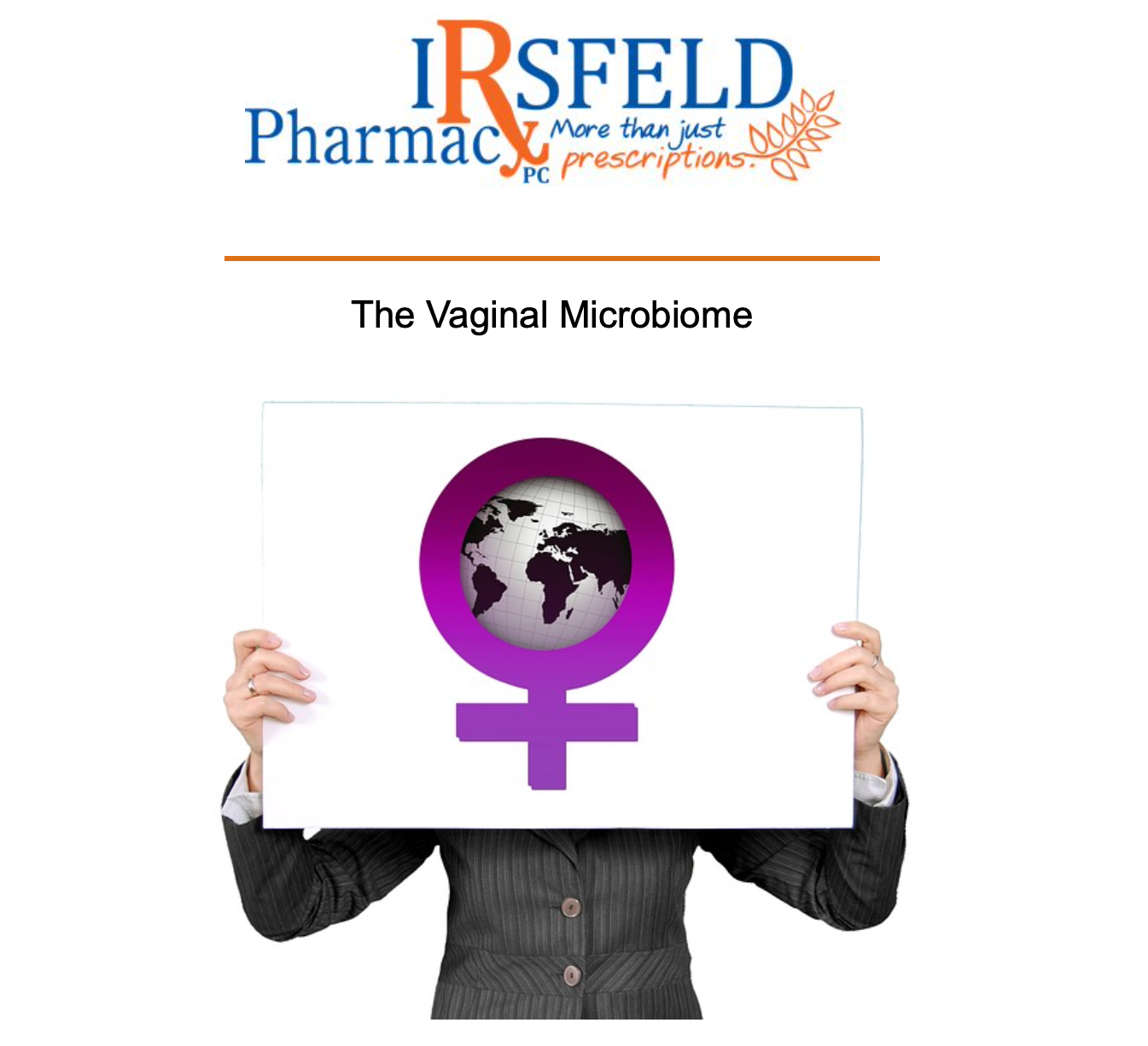
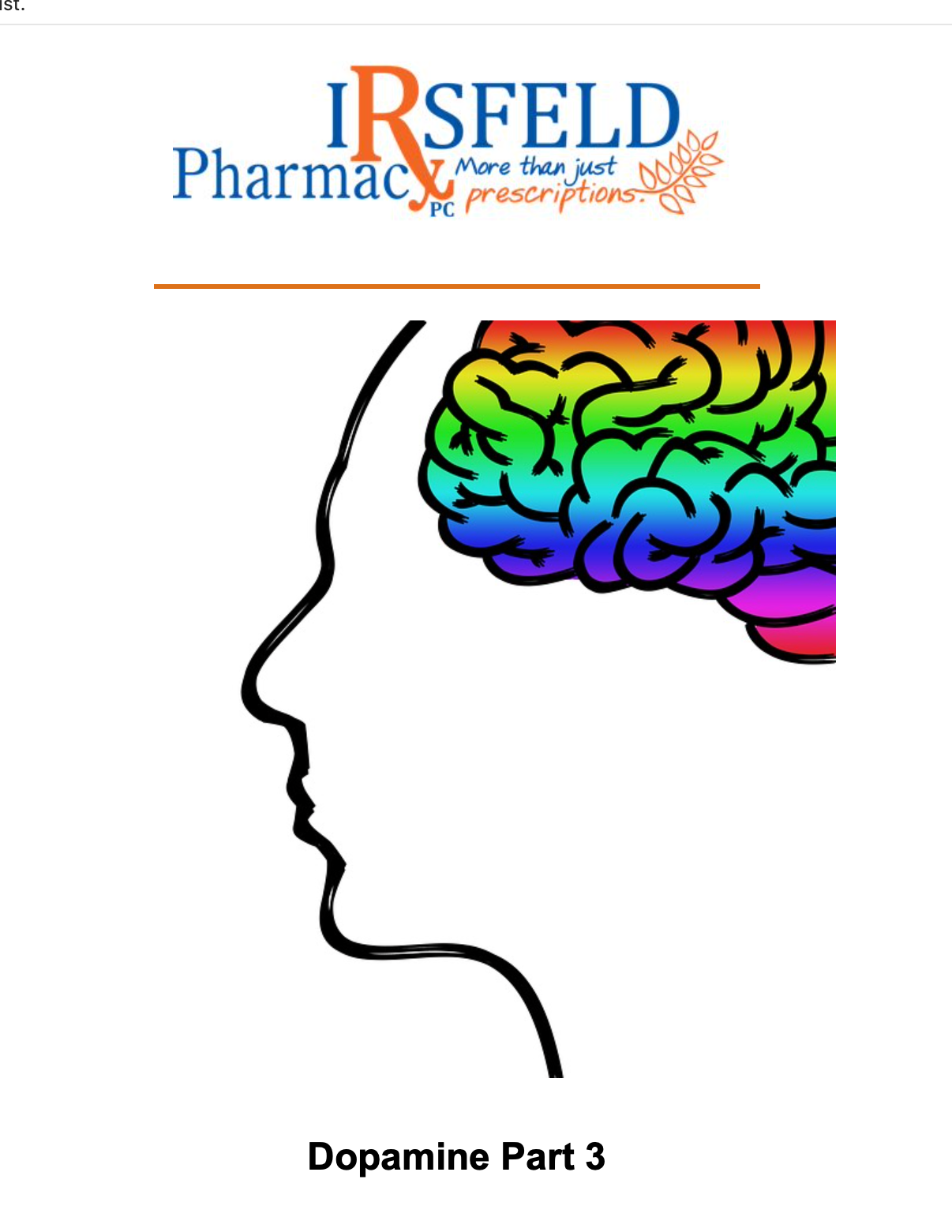
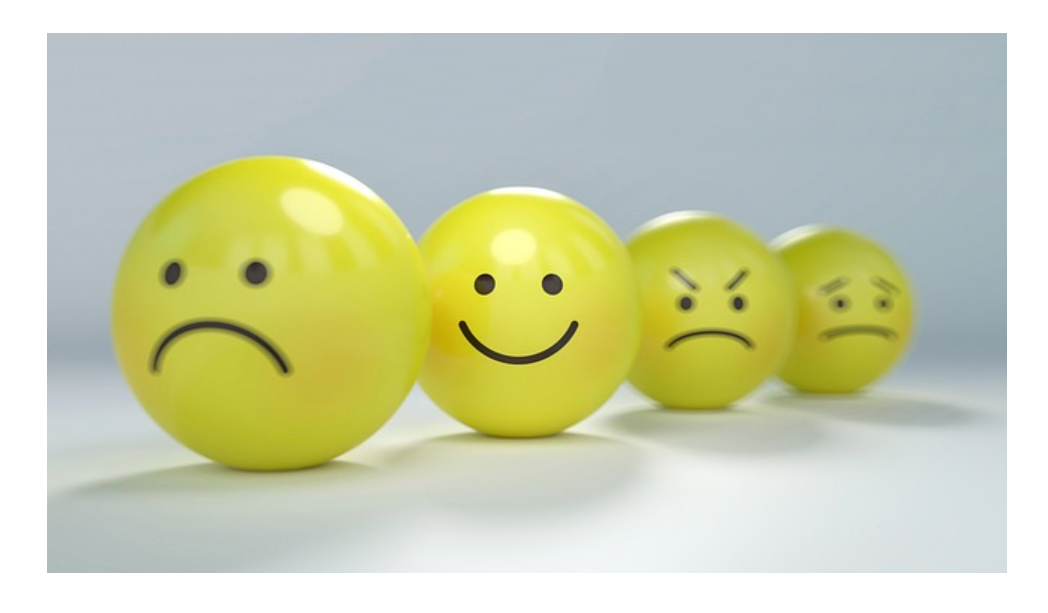
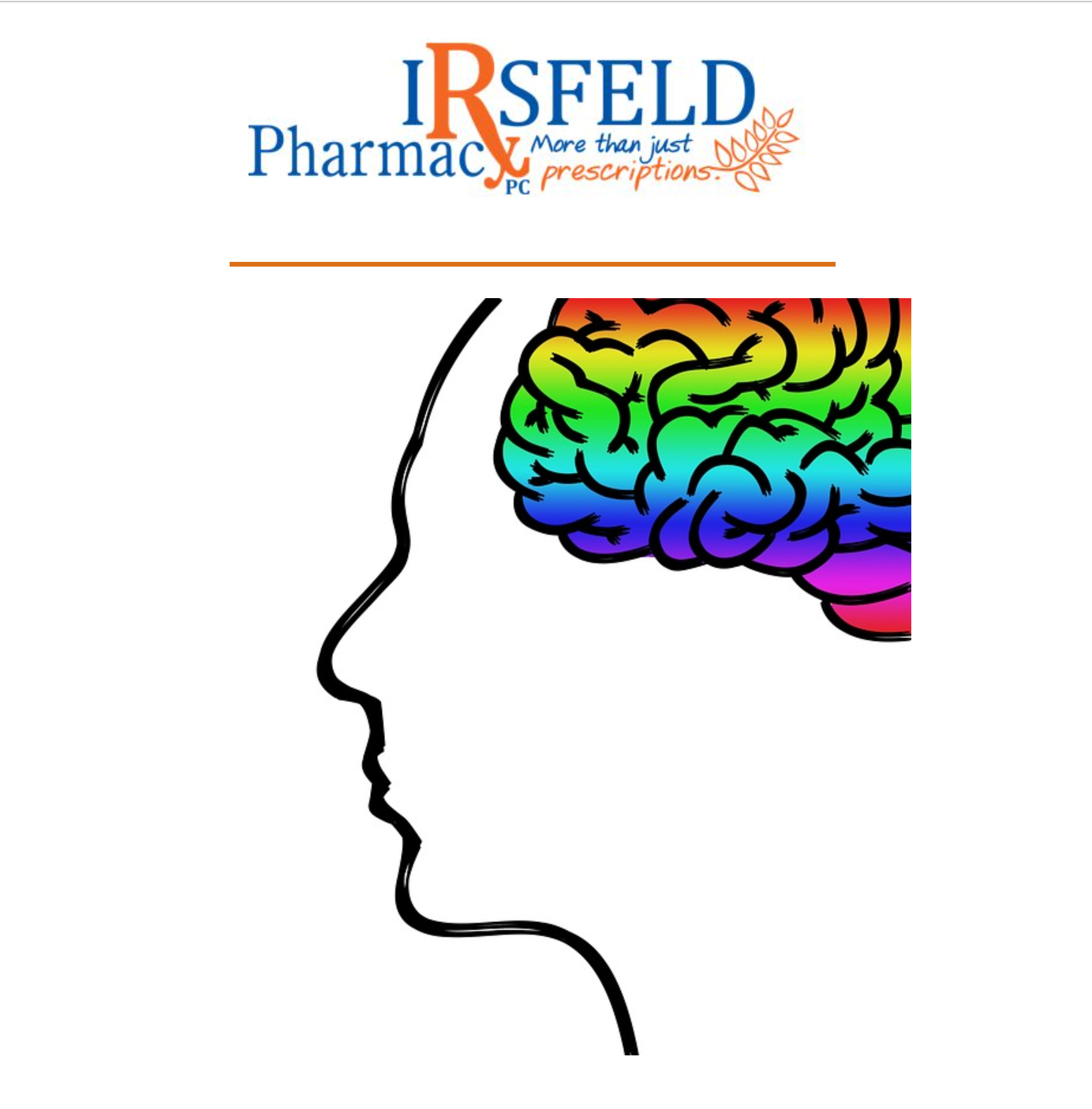
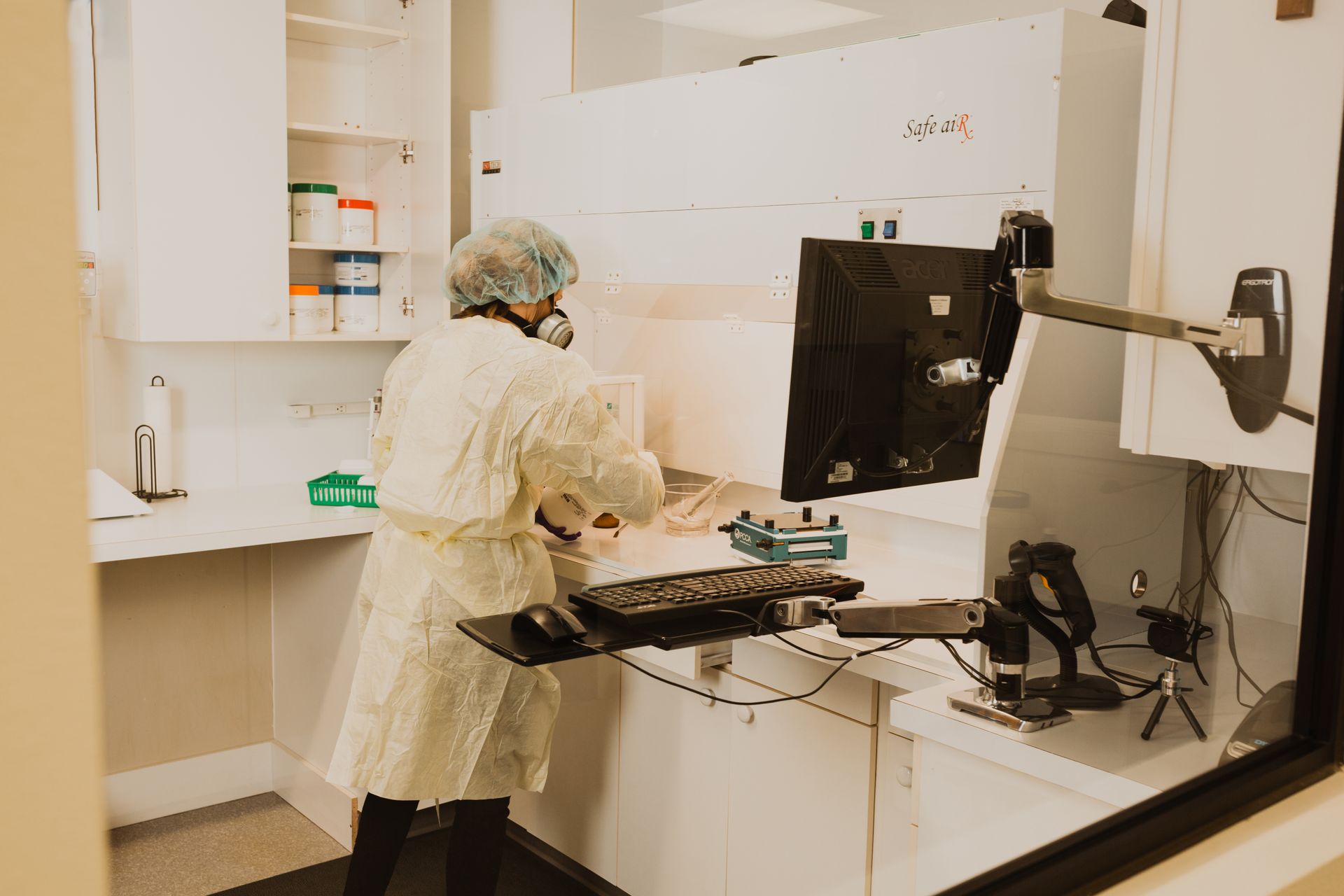
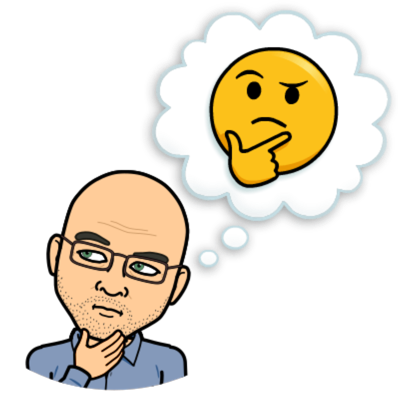

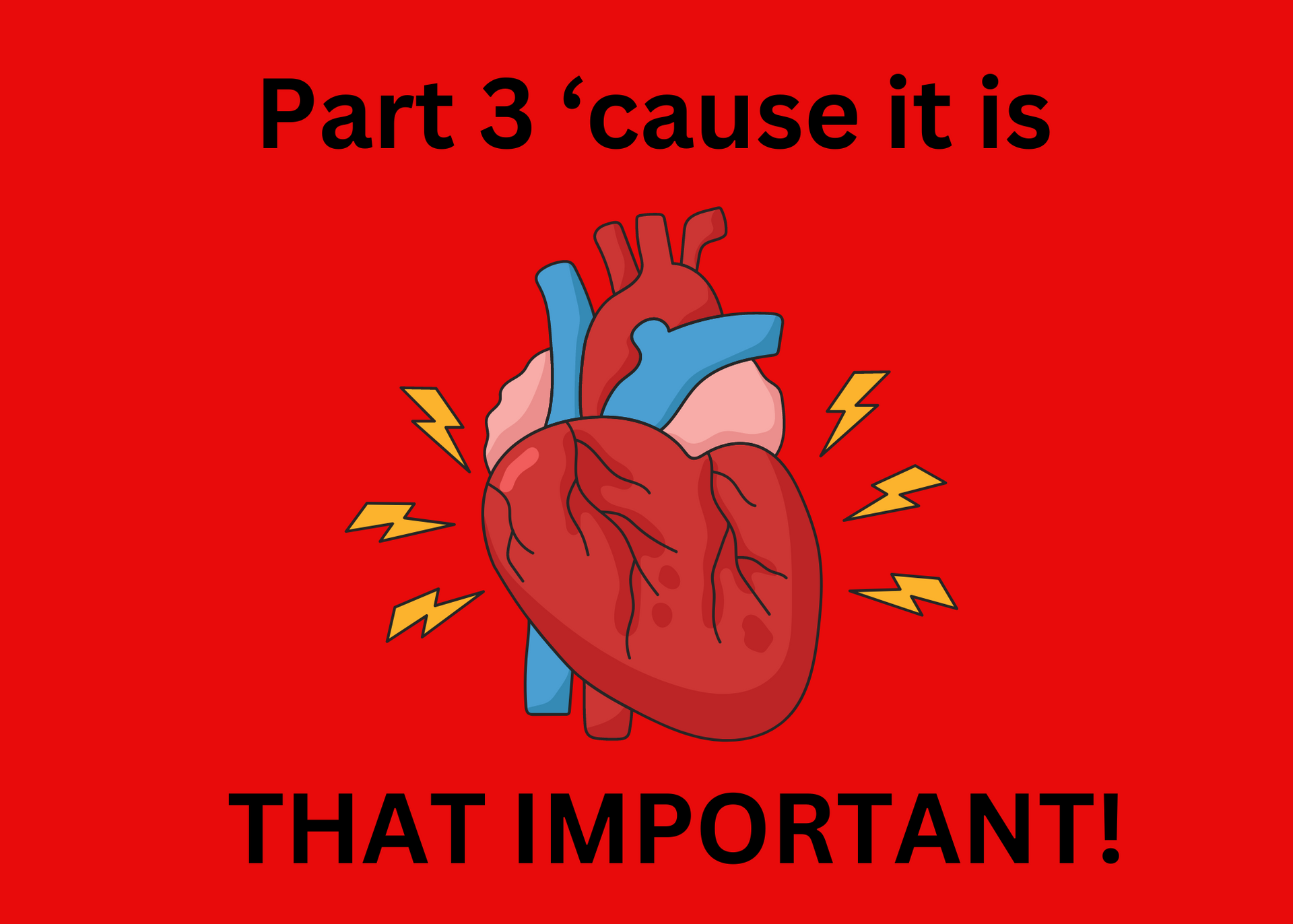
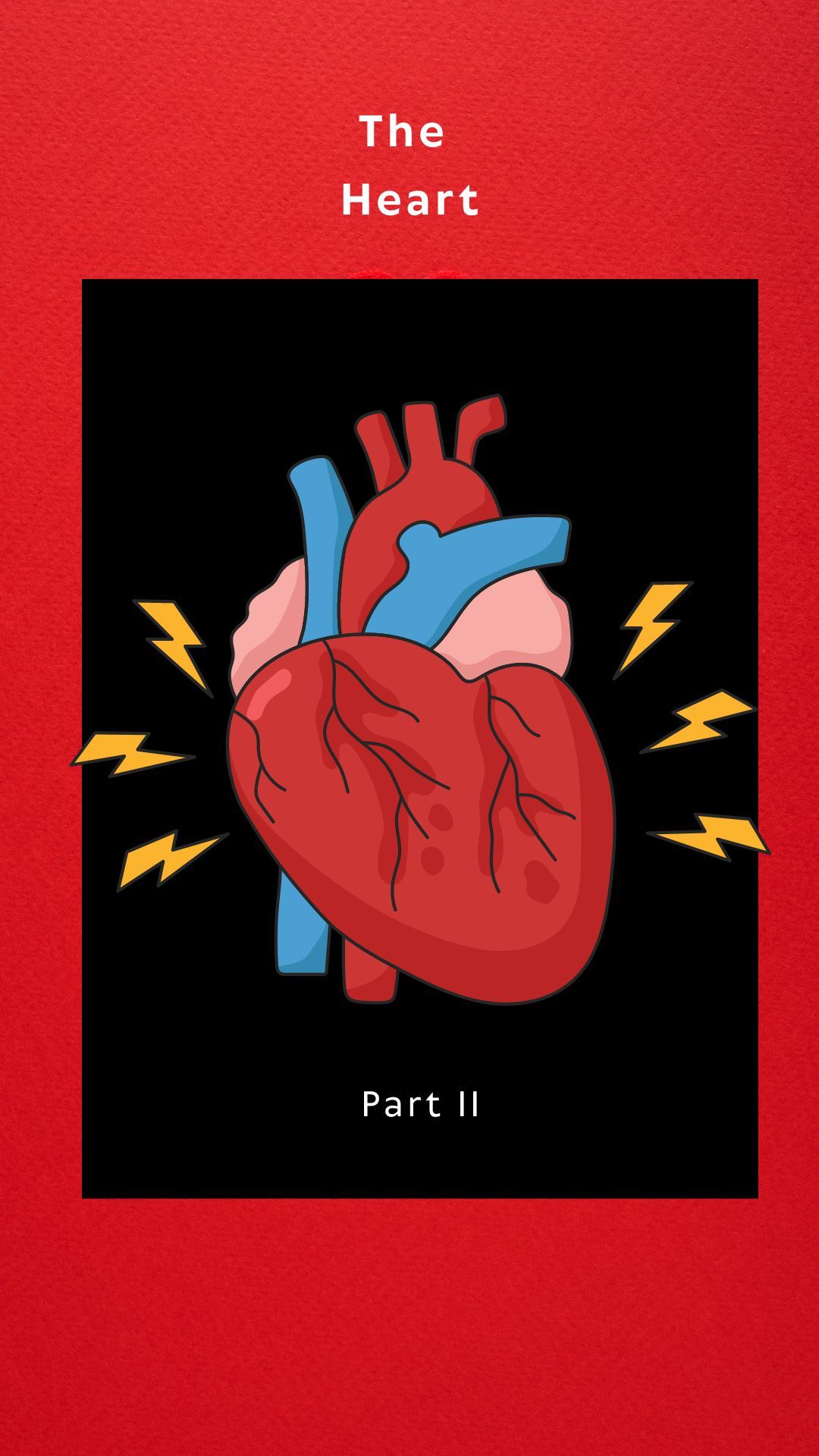
Share On: